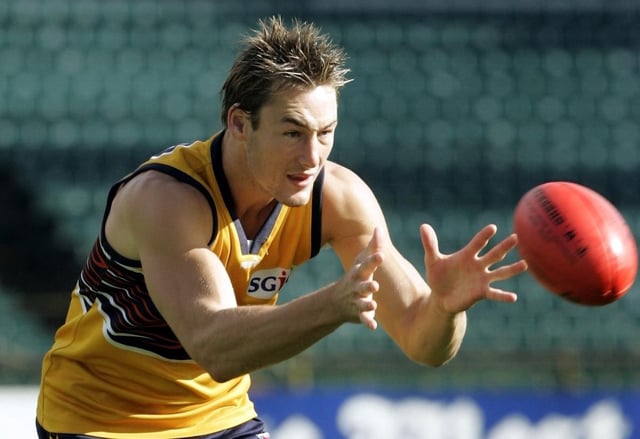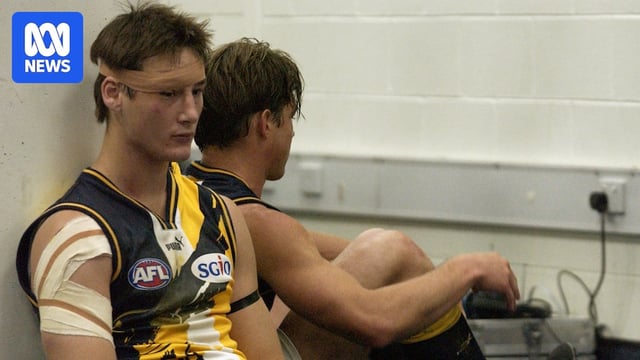Overview
- An examination by the Australian Sports Brain Bank found lesions consistent with stage II CTE in the former West Coast Eagles premiership player, with potential cortical‑sparing features noted.
- CTE remains a diagnosis that can only be confirmed after death, and Hunter’s parents donated his brain after he died at 43 earlier this year.
- Preliminary coronial findings cite methylamphetamine‑related heart failure as the cause of death, with inquiries still in progress.
- The brain bank says risk appears more closely tied to years spent in contact sport than to the counted number of concussions, and it has identified CTE in over 40 of about 100 cases examined.
- The AFL points to rule changes, greater authority for independent doctors, and a $25 million research commitment, as former players pursue a concussion class action led by Max Rooke.



